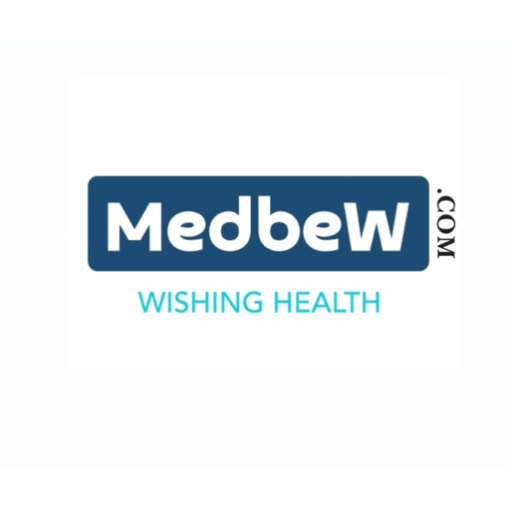Acnegel
Acnegel is an antibiotic that fights bacteria. It is used to treat acne, which appears as spots or pimples on your face, chest, or back. This medicine works by attacking the bacteria that cause these pimples.

Acnegel is an antibiotic that fights bacteria. It is used to treat acne, which appears as spots or pimples on your face, chest, or back. This medicine works by attacking the bacteria that cause these pimples.
 We would like to send you discount and latest offers .
We would like to send you discount and latest offers .